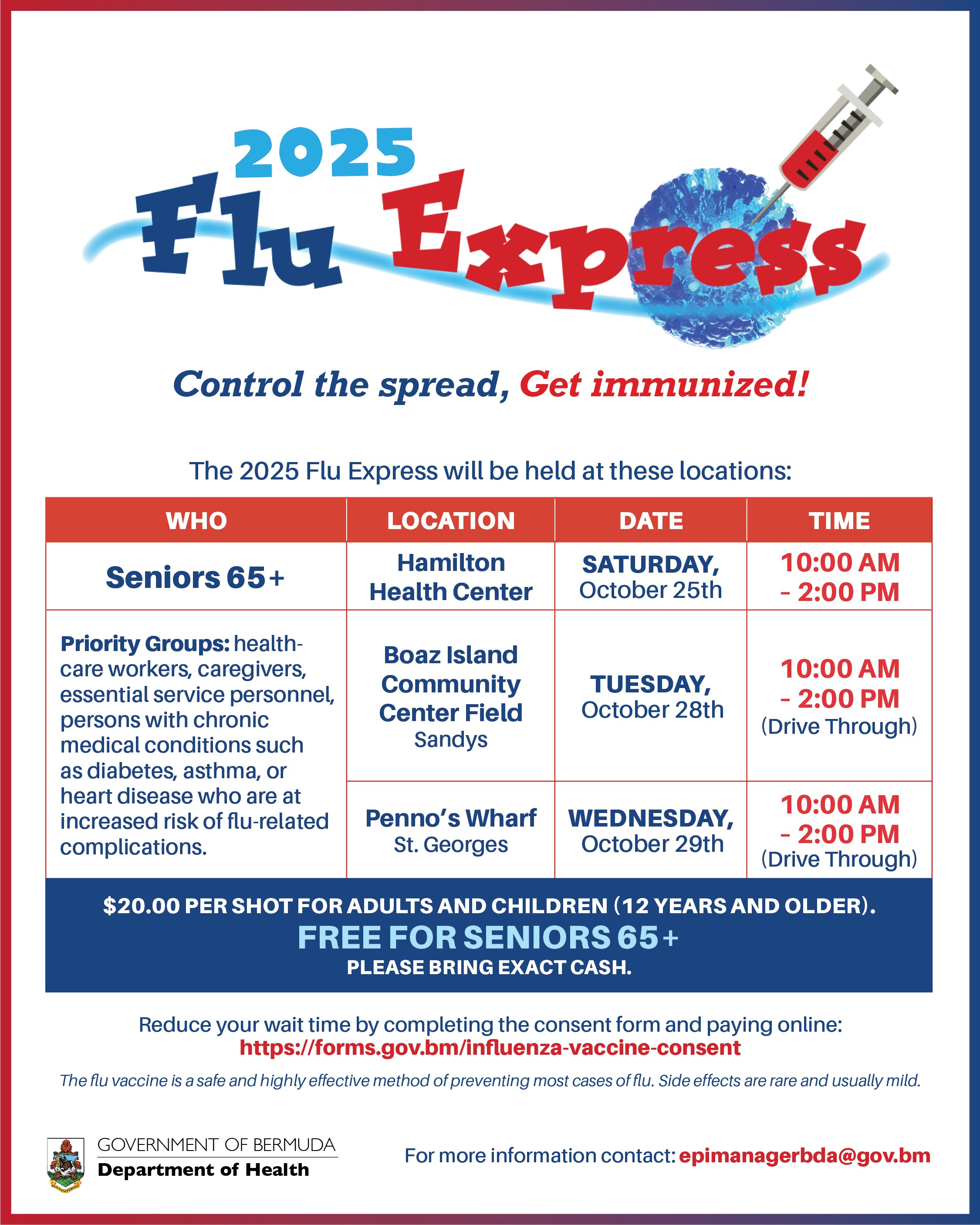Seasonal Influenza Vaccine Consent and Payment

What is influenza (or Flu?) Printable Fact Sheet -
Influenza (the flu) is an infection of the nose, throat, and lungs caused by influenza viruses. There are many different influenza viruses that are constantly changing.
Flu illness can vary from mild to severe. While the flu can be serious even in people who are otherwise healthy, it can be especially dangerous for young children and children of any age who have certain long term health conditions, including asthma, neurological and neurodevelopment conditions, chronic lung disease, heart disease, blood disorders, endocrine disorders (such as diabetes), kidney, liver, and metabolic disorders, and weakened immune systems due to disease or medication. Children with these conditions and children who are receiving long-term aspirin therapy can have more severe illness from the flu.
How does influenza spread?
Most experts believe that flu viruses spread mainly by droplets made when people with the flu cough, sneeze or talk. These droplets can land in the mouths or noses of people who are nearby. Less often, a person might get the flu by touching something that has flu virus on it and then touching their own mouth, eyes or nose.
What are the common symptoms of influenza?
Symptoms of the flu can include fever, cough, sore throat, runny or stuffy nose, body aches, headache, chills, fatigue and sometimes vomiting and diarrhea. Some people with the flu will not have a fever.
How long can a person spread the flu to others?
People with the flu may be able to infect others from 1 day before getting sick to 5 to 7 days after. However, children and people with weakened immune systems can be contagious for longer, and might be still contagious past 5 to 7 days of being sick, especially if they still have symptoms.
How can I protect my child against the flu?
To protect against the flu, the first and most important thing you can do is to get a flu vaccine for yourself and your child.
- Vaccination is recommended for everyone 6 months and older
- It’s especially important that young children and children with long term health conditions get vaccinated.
- In addition to getting vaccinated, take everyday steps that can help prevent the spread of germs.
- Cover coughs and sneezes with a tissue. Throw the tissue in the trash after you use it.
- Stay away from people who are sick.
- Wash hands often with soap and water. If soap and water are not available, use an alcohol-based hand rub.
- Avoid touching your eyes, nose and mouth. Germs spread this way.
- If someone in the household is sick, try to keep the sick person in a separate room from others in the household, if possible.
- Keep surfaces like bedside tables, surfaces in the bathroom, kitchen counters and toys for children clean by wiping them down with a household disinfectant according to directions on the product label.
What can I do if my child gets sick?
Talk to your doctor early if you are worried about your child’s illness.
If your child is 5 years and older and does not have other health problems and gets flu-like symptoms, including a fever and/or cough, consult your doctor as needed and make sure your child gets plenty of rest and drinks enough fluids.
If your child is younger than 5 years (and especially younger than 2 years) or of any age with a long term health condition (like asthma, a neurological condition, or diabetes, for example) and develops flu-like symptoms, they are at risk for serious complications from the flu. Ask a doctor if your child should be examined.
Can my child go to school, daycare or camp if he/she is sick?
No. Your child should stay home to rest and to avoid giving the flu to other children or caregivers.
When can my child go back to school after having the flu?
Keep your child home from school, day care or camp for at least 24 hours after their fever is gone. (Fever should be gone without the use of a fever-reducing medicine.) A fever is defined as 100°F (37.8°C) or higher.
Vaccination
The Ministry of Health continues to recommend influenza vaccination for all persons 6 months of age and older as flu viruses continue to circulate, with both influenza A and B viruses circulating.
Seasonal influenza vaccination is available through physicians’ offices or from the Department of Health.
- Hamilton Health Centre, 67 Victoria Street, Hamilton HM 12
- Monday to Friday: 8:30 am to 11:30 am
- Wednesday afternoons: 2:00 pm to 4:00 pm.
- Phone: 278-6460 or 278-6461
The Flu Express is free for adults 65 years and older. All others between the ages of 12 – 64 will be charged $20.00 per person.
